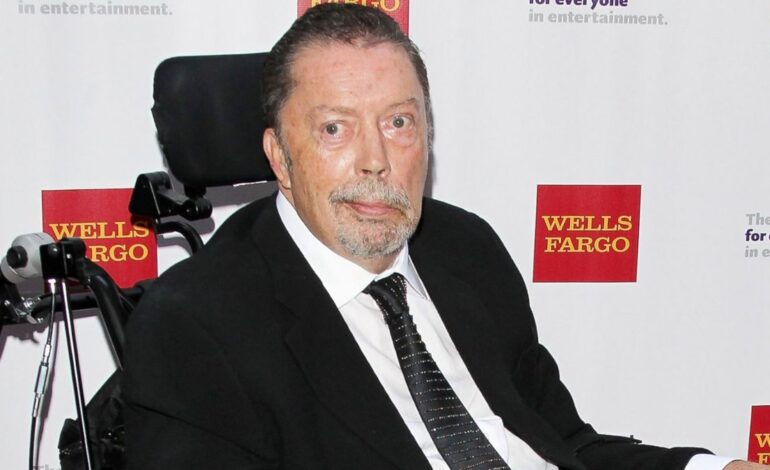Why “Super Heroes” Was Silenced: The Real Story Behind the Rocky Horror Cut

Elena West here. Get ready—this is big: Richard O’Brien has finally explained why the melancholic song “Super Heroes” disappeared from the Rocky Horror Picture Show for decades.
Listen up, because this is a lesson in creative decisions, editing realities, and how a film’s emotional spine can be reshaped by a single cut. The cult classic premiered on August 14, 1975, and for 35 years audiences saw a version that omitted an ending song that co-writer and cast member Richard O’Brien says mattered. O’Brien, now 83, told The Post during the film’s 50th anniversary celebrations that the song was removed after he suggested trimming what he called an “awfully long intro.” Instead of shortening the intro, editors excised the entire “Super Heroes” sequence, which had Janet (Susan Sarandon) and Brad (Barry Bostwick) delivering a poignant, downbeat coda to their arc.
This wasn’t small-scale tinkering. According to O’Brien, the version that most moviegoers knew cut straight from the house taking off to the narrator, skipping Brad and Janet’s last verses entirely. That leaner ending replaced the somber reflection with a reprise of “Science Fiction/Double Feature” and a blast of the fan-favorite “Time Warp.” The missing material didn’t return until the 35th anniversary edition in 2010, when restorers reinstated “Super Heroes” largely to the form O’Brien had intended after his original suggestion to trim only the intro.
Barry Bostwick, now 80, has publicly weighed in as well. In a 2022 interview with Orlando Weekly he admitted he regretted losing “Super Heroes,” calling it “the whole message of the movie.” He said the song’s removal left him in tears after shooting their last scene because the sequence had been emotionally meaningful to him. Yet Bostwick was pragmatic about other cuts. He conceded that “Once in a While,” another number that included his character, disrupted the film’s momentum and agreed that cutting it was the right call for pacing, calling it “in the absolute wrong place.”
So what actually drove the decision? The answers are both creative and technical. O’Brien’s original desire to tighten an intro was a tiny editorial suggestion that spiraled into a wholesale deletion. Editors, motivated by pacing and theatrical impact, chose to close the film with livelier material. That shift changed the tonal exit viewers experienced for decades, swapping melancholy reflection for campy finality. The patchwork of different versions over the years shows how fragile a film’s emotional architecture can be when subjected to cutting-room choices.
The story also shows the tug-of-war between filmmaker intention and editor intervention. O’Brien took some self-blame, saying he might have been misinterpreted, then joked about the inscrutable ways of editors. Meanwhile Bostwick’s response underlines how performers feel cuts: a mixture of professional acceptance and personal loss. The restored 2010 edition gave fans a chance to re-evaluate the movie’s ending, reconnecting Brad and Janet to a quieter, more reflective resolution that many feel aligns with the film’s deeper themes.
Bottom line: “Super Heroes” was not lost because it was bad or unwanted, but because a well-meaning suggestion to trim an intro snowballed into the removal of an entire emotional blueprint. It took decades and a special anniversary restoration to set the record straight and return the song to the film’s canonical form.
What to watch next: keep an eye on archival restorations and director commentaries—those versions often reveal the creative compromises that shaped the films we think we know.
Now take what you’ve learned and make something great happen!
Sources: Celebrity Storm and The New York Post, Orlando Weekly
Attribution: Creative Commons Licensed




